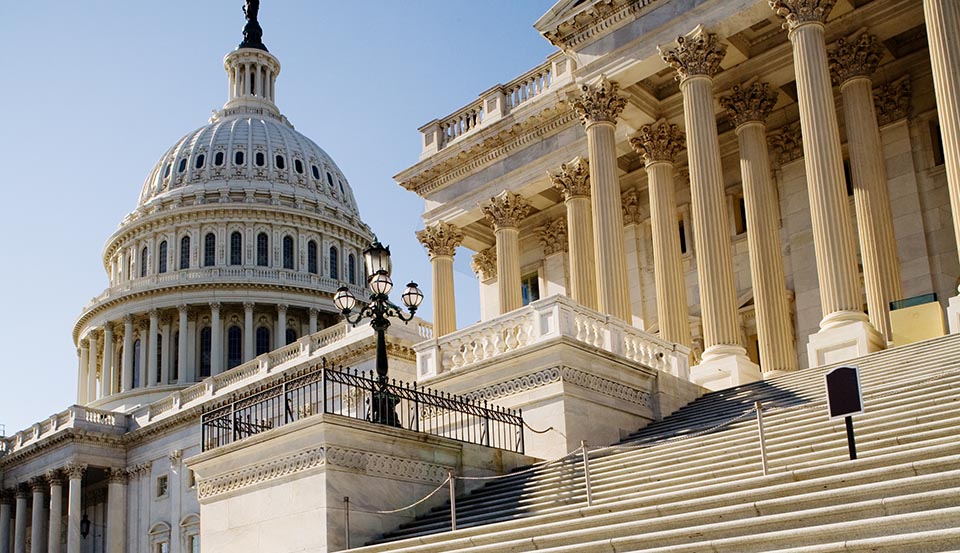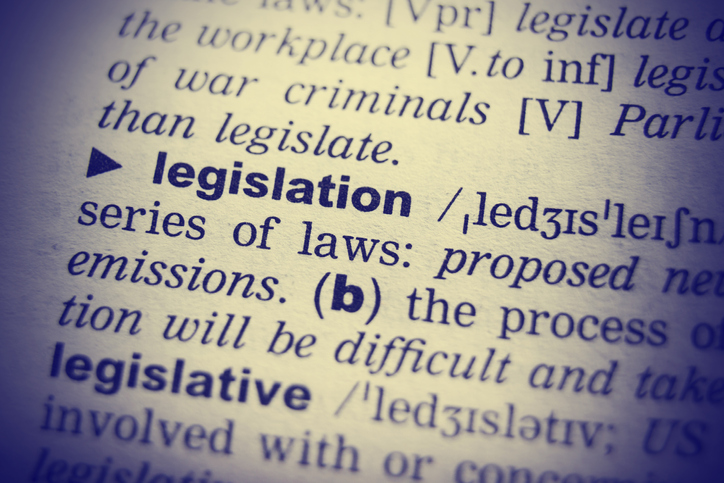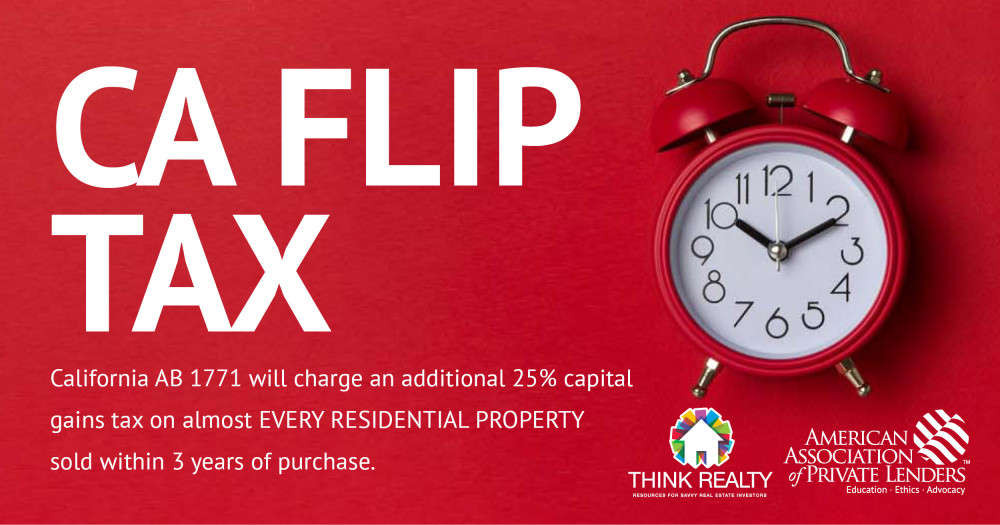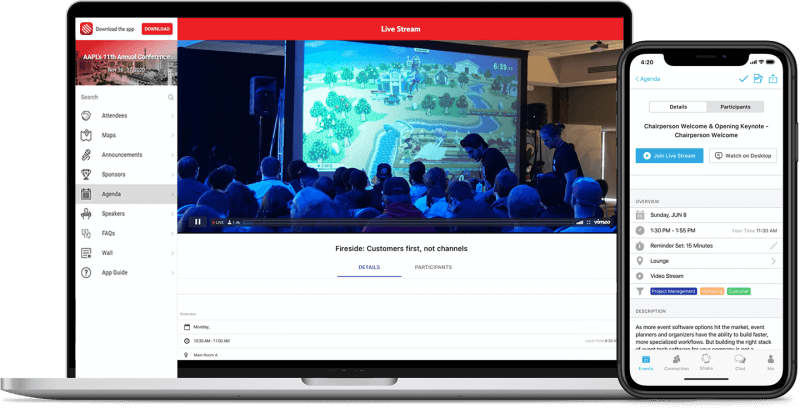The Florida Senate on Thursday substituted and passed companion House Bill 7103 in place of Senate Bill 1730 and adjusted to match the Senate bill’s language – with one large exception. Legislators chose to leave out the Senate bill’s modifications to the definition of a mortgage loan which would have required a license for business purpose mortgage lenders.
A long 2019 path
To recap, the journey began with the introduction of SB 1632, a standalone bill sponsored by Senator Taddeo. The bill modified the statute 494.001 definition of a mortgage loan:
(a) Residential loan that primarily for personal, family, 26 or household use which is secured by a mortgage, deed of trust, 27 or other equivalent consensual security interest on a dwelling …
The effect of this language would be to require mortgage lender licensing for all loans secured by 1-4 family residential property, sunsetting a business-purpose exemption consistent with federal regulation and 40 other states.
What happened with SB 1632
Senator Taddeo’s reasoning for the language was that business-purpose borrowers lacked consumer protection and that requiring licensing for all loan purposes would limit fraud and other possible illegal activity. Florida already penalizes mispresenting a consumer loan with a felony, and new regulation will not further inhibit activity that is already illegal.
Senator Taddeo represented to the Senate Committee on Banking and Insurance that SB 1632 was non-controversial with no major impacts to Floridian businesses. Led by our general counsel/Geraci Law Firm partner Nema Daghbandan, our delegation spoke before the committee and was able to make understood the bill’s effect on capital deployment and other adverse outcomes. Senator Taddeo then tabled the bill, citing the presence of the same mortgage lender licensing language in SB 1730.
Onto SB 1730
We learned that SB 1730’s sponsor, Senator Lee on the Senate Committee on Community Development and Housing, had allowed the mortgage licensing amendment into the otherwise unrelated bill as a favor to Senator Flores and at Senator Taddeo’s behest. Senator Lee said he had been told the language was not controversial, and voiced displeasure upon learning that understanding was false. However, there was nothing he could do to remove the amendment without killing an otherwise popular bill.
While the bill was in review with the Senate Committee on Rules, Senator Stargel on April 22 proposed an amendment to remove the mortgage licensing language but withdrew it the following day. The bill progressed through a first and second reading before the Senate.
Meanwhile, there was HB 7103
SB 1730’s House companion bill, HB 7103, by contrast did not contain the licensing language. Our delegation was in contact with the bill’s sponsor, Representative Fischer. Upon learning of the controversy and unrelated nature of the language he said he did not want it in the bill and would do what he could to maintain that status. The bill was then substituted for SB 1730 without the mortgage licensing language.
Your action was key
In addition to our own delegation’s efforts in attending committee hearings and meeting personally with legislators; Florida Senate, House and Office of Financial Regulation reported a flood of contact from private lenders opposing mortgage licensing modifications. Your action kept the issue top of mind, articulated its wide-reaching impacts, and shined a light on the methods by which the language was introduced to the Florida legislature. You also reached out to local Real Estate Investor Associations, earning vocal support from business-purpose borrowers affected by the proposed change.
Altogether, we were able to create a groundswell of activity that could not be ignored, and our feedback from legislators point to this as the determining factor in maintaining the status quo in Florida for another year.
A final note
Our sources are pointing to the activities of one or a few well-connected individuals who are pushing this language to limit competition. This is a continuation of their 2017 and 2018 lobbying efforts to require private lenders to be mortgage lender licensed to transact business-purpose loans under the belief that such a requirement will lead to fewer private lenders operating in the state. Because of this, we expect to continue this battle in the future.
Help us continue our advocacy efforts on this and other fronts through your support of AAPL. Your membership and voice are instrumental in our every effort, and we look forward to continuing to represent your interests in federal and state legislatures.












Leave A Comment